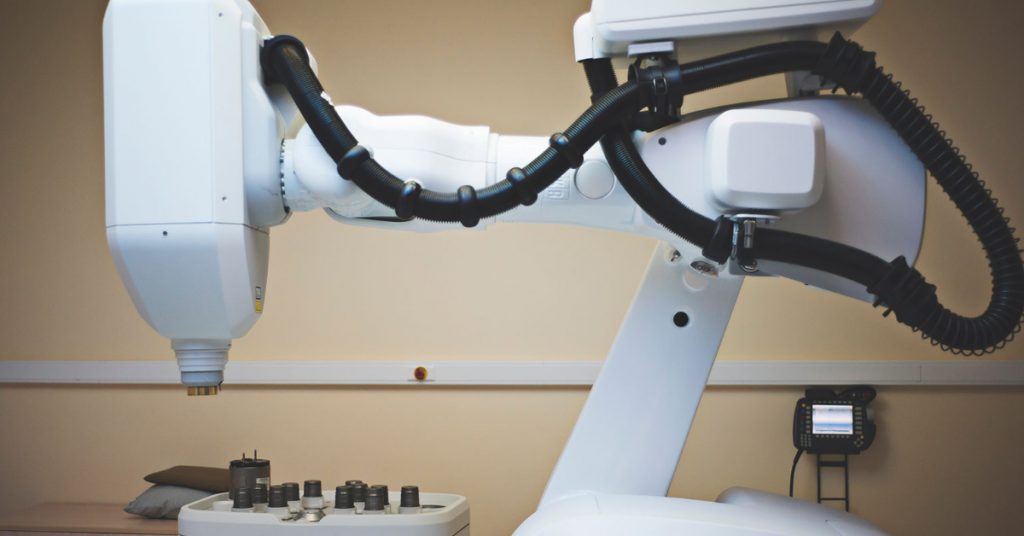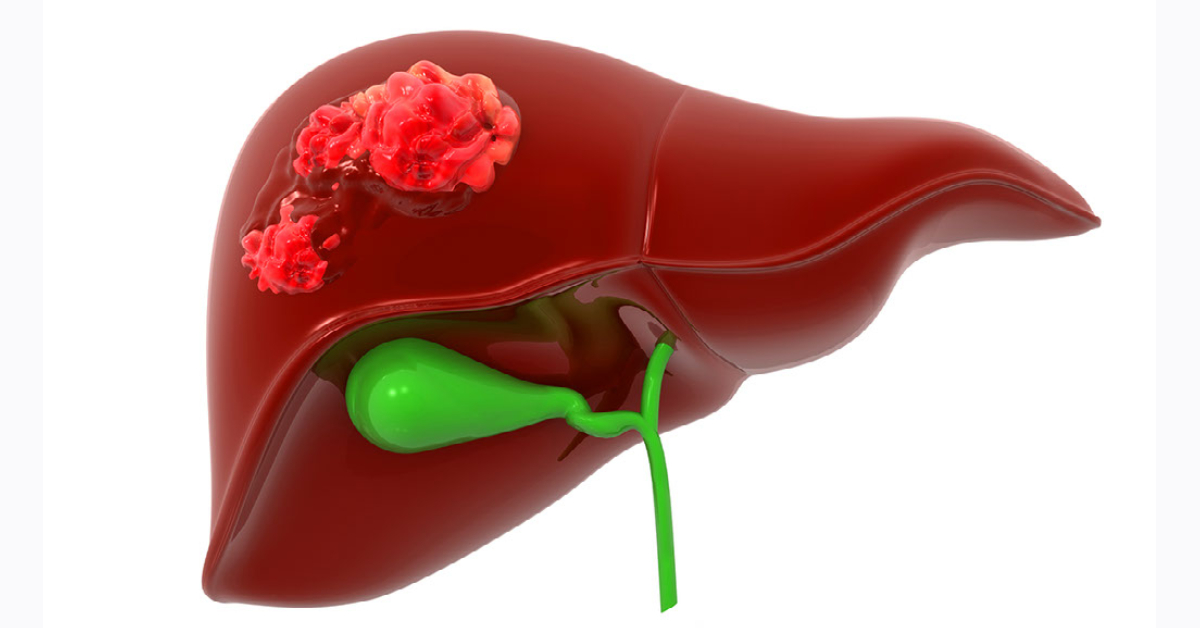Cancer beginning in the liver cells is called liver cancer and is of various types. The chief liver cell type is the hepatocyte that is most commonly affected in liver cancer and causes hepatocellular carcinoma. The other types of liver cancer include hepatoblastoma, intrahepatic cholangiocarcinoma, etc, and are seen less frequently than hepatocellular carcinoma. Cancer beginning in the cells of the liver is less common than cancer that spreads to the liver. Such type of cancer is called metastatic cancer originating from the breast, colon, or lung.
Cyberknife system for treating liver cancer

Cyberknife radiosurgery involves using a cyberknife system for treating liver cancer through radiation therapy. Cyberknife radiosurgery is a radiation therapy delivering highly focused x-rays to the cancer tumors present within the body. The treatment is a good alternative to conventional radiation therapy and can be used for treating metastatic liver cancer or inoperable cancer tumors. While the liver plays a crucial part in certain body functions, it is necessary to avoid damage to the liver. So, the advanced cyberknife system is used to provide stereotactic therapy to precisely treat the cancer tumor.
Potential gains of using cyberknife radiosurgery for liver cancer
Cyberknife radiosurgery is stereotactic radiation therapy for a localized area that bears metastatic tumors. It involves delivering large doses of high-energy x-rays to the tumor while sparing the normalized tissue. Cyberknife radiosurgery is an effective method of eliminating liver cancer as it has a success rate of more than 97% with no chances of recurrence. The procedure overcomes the problem of respiration-induced motion while other surgeries or treatments cannot. The cyberknife system allows the selection of numerous targeting angles to the target lesion. The cyberknife system offers radio surgical accuracy and precision on the target lesion.
FAQs
The human liver is pretty much sensitive to radiation and excess radiation may result in radiation hepatitis. Cyberknife radiosurgery prevents radiation to the normal tissues and hence, eliminates the chances of developing radiation hepatitis.
Yes, radiation therapy kills the cancerous cells in the liver but the procedure may also impact the surrounding tissues. Moreover, it is not a treatment of choice for people suffering from serious diseases like hepatitis.
Yes, cyberknife radiosurgery not only shrinks the tumor but also reduces the symptoms of the same. Liver cancer prevention is the prime purpose of the procedure as it accurately treats early tumors.
The growth of tumors depends on the type of liver cancer that the person is suffering from. Some types of liver cancer are fast spreading and show fast growth while other types take time to spread.
Although the patients may perform their routine activities after the procedure, they might experience fatigue and nausea. Other side effects of cyberknife radiosurgery include skin rashes, skin irritation, and changes in body functions like urination or salivary gland function.

